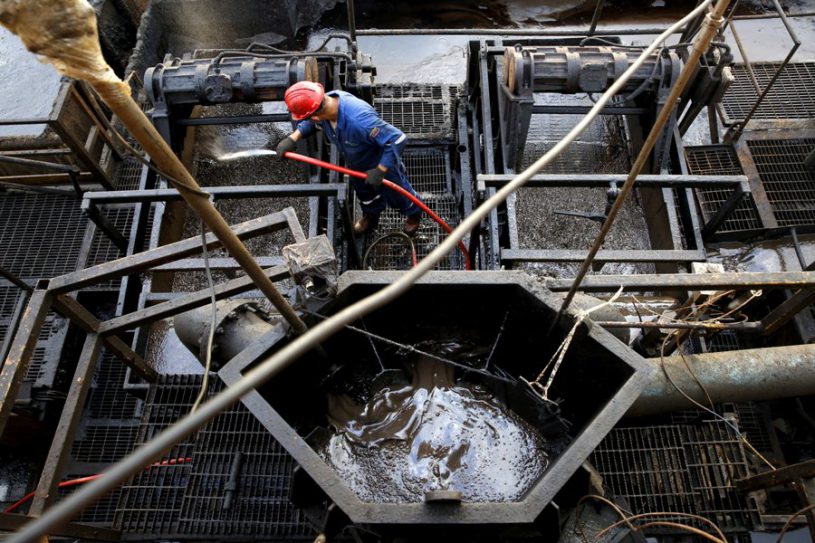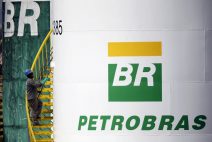Oil production from OPEC rose by less than expected in May, a Reuters survey found, as Iraq implemented new cuts to compensate for earlier overproduction, while Saudi Arabia and the United Arab Emirates increased output by less than their allowed quotas.
The Organization of the Petroleum Exporting Countries (OPEC) pumped 26.75 million barrels per day (bpd) last month, 150,000 bpd more than in April, according to the survey, with Saudi Arabia posting the largest increase.
OPEC+, which includes OPEC and its allies such as Russia, is gradually unwinding its latest round of output cuts. However, some members are required to implement additional compensatory cuts to offset previous overproduction, effectively capping the overall impact of increases.
Under the OPEC+ deal for May, five OPEC members—Saudi Arabia, Algeria, the UAE, Iraq, and Kuwait—were expected to raise output by a combined 310,000 bpd.
The survey showed the actual increase from those five countries was around 180,000 bpd, with compensatory cuts by Iraq and lower exports from Saudi Arabia limiting the rise. Saudi Arabia posted the largest increase at 130,000 bpd.
Iraq, which is under pressure to improve its compliance with OPEC+ quotas, reduced production in May to meet its commitment to compensatory cuts, the survey found.
The UAE also pumped below its OPEC+ quota in May, according to the survey, reflecting the country’s relatively low commitments to compensatory reductions, a source with knowledge of the matter said.
There is a wide range of estimates on production from Iraq and the UAE, with many external sources putting output higher than those countries’ own figures.
While the Reuters survey and OPEC’s own secondary source data for April show both nations producing near their quotas, other estimates, such as those from the International Energy Agency, suggest they are pumping considerably more.
Reuters surveys aim to track market supply and rely on data from financial group LSEG, information from other tracking firms such as Kpler, and details from oil companies, OPEC, and consultants.






















